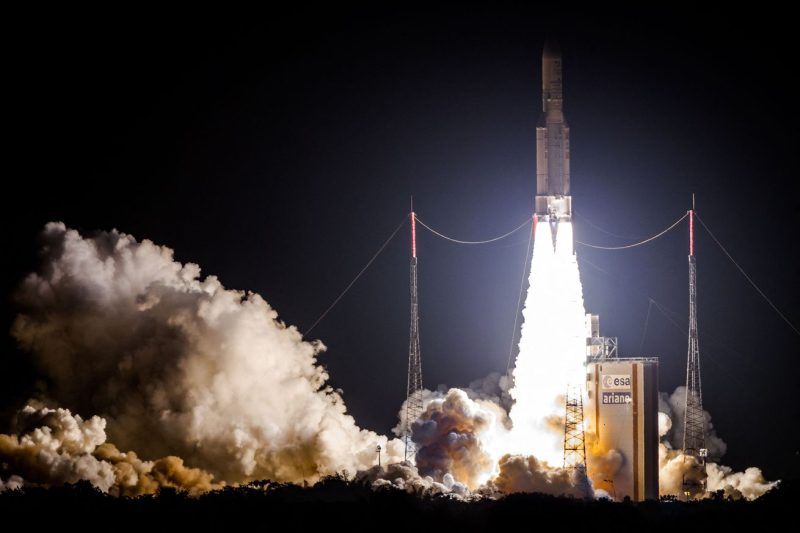The fragile ecosystem of satellites orbiting Earth was recently shaken by a major incident involving a spacecraft manufactured by aerospace giant Boeing. The satellite in question, known as the Intelsat 29e, experienced a catastrophic event in space, resulting in its disintegration and scattering of debris. The repercussions of this event are not only significant in terms of the financial loss incurred but also raise broader concerns about the sustainability of space exploration and the management of space debris.
Boeing, a prominent player in the aerospace industry, is known for its expertise in designing and building spacecraft. However, the failure of the Intelsat 29e satellite underscores the inherent risks associated with satellite operations in the unforgiving environment of space. The satellite was part of the Intelsat EpicNG fleet, a series of high-throughput communication satellites intended to provide enhanced broadband services to customers across the globe.
The exact cause of the satellite’s breakup has not been definitively determined, but initial reports suggest that a critical anomaly may have precipitated the catastrophic event. The loss of the Intelsat 29e satellite represents a significant setback for both Boeing and Intelsat, with the financial ramifications of the incident likely to be substantial. Moreover, the debris generated by the satellite’s breakup poses a significant threat to other spacecraft in orbit, highlighting the need for improved space debris mitigation strategies.
As the number of satellites in orbit continues to increase, the risk of collisions and the generation of space debris grows exponentially. Space debris, consisting of defunct satellites, spent rocket stages, and other remnants of space missions, poses a serious hazard to operational spacecraft, astronauts, and future space missions. The breakup of the Intelsat 29e satellite serves as a stark reminder of the fragility of our orbital environment and the importance of responsible spacefaring practices.
In response to incidents such as this, space agencies and industry stakeholders are actively working to develop and implement measures to mitigate the risks posed by space debris. These efforts include guidelines for satellite disposal, spacecraft design improvements to enhance survivability and reduce the generation of debris, and the development of technologies for tracking and monitoring space debris. Collaboration among nations and organizations will be essential to effectively address the challenges posed by the proliferation of space debris and ensure the long-term sustainability of space activities.
The disintegration of the Intelsat 29e satellite serves as a cautionary tale for the space industry, highlighting the need for robust systems and protocols to safeguard the orbital environment. While the precise circumstances surrounding the incident remain under investigation, the implications of the satellite’s breakup are far-reaching and necessitate a proactive response from all stakeholders involved in space exploration. By learning from this event and implementing effective strategies for space debris mitigation, we can strive to ensure the continued safety and sustainability of activities in space.




























